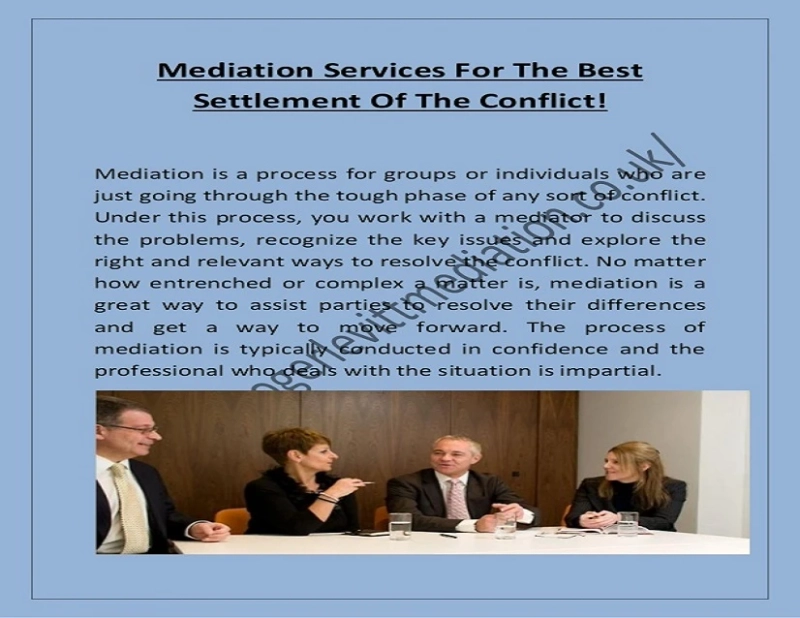Conflicts exist in every place where people work together. Consequently, conflicts prevail in the business world. When your leaders and managers spend a lot of time in resolving conflicts or a significant amount of time is wasted at work because conflicts are ignored, it is a recipe for disaster in an organization.
While there are legal court proceedings to declare who wins or who loses, choosing a mediator is a smarter decision as it results in a more positive result for both parties. Mediators are well-versed with a variety of business conflict resolution strategies that help them to address and resolve conflicts in a more flexible and comfortable manner.
This post discusses a few reasons that act as the root cause of conflicts arising in the workplace. Once you know why conflicts occur in the first place, it becomes a lot easier to find the solution and handle the conflict without overreacting to it.
- Difference in Personalities
Every person is unique and thus, has a unique personality. Unless you have robots in your workplace, you can’t expect your employees to agree or feel comfortable with everything. Due to the different personalities they have, they tend to experience friction. No matter how much you hate them, clashes in business are inevitable. No one can avoid them. There could be several reasons behind different personalities - thought-process, upbringing, value systems, work attitude, and so on.
- Coping Mechanism - Flight or Fight
Everybody has a coping mechanism. When faced with certain situations physically or emotionally, people tend to either fight or flight. It’s an instinct that is hard-wired in humans to help us cope in life-threatening situations. When you find yourself in a stressful situation, this instinct gets activated. The same thing happens when employees confront something that puts a lot of pressure or burden on them. This means the employee will either flee from the scene or yell back.
- Non-transparency
Conflicts also happen when there is no transparency in the process or incomplete information is released about someone or something. For instance, assume you are a sales manager and one of the subordinates reveals the price lower or higher without any consultation. What happens next is you will reprimand that employee and the employee might argue back that there were no explicit instructions. This could lead to full-blown arguments. All of this happens because there was no transparency and no sufficient information was released.
- Changes in Policies
Sudden and frequent changes in policies are often not received well by employees. In a business, employees often resist the change even if it is for their good or make their work easier once they get used to it or complete the training. It is also one of the instincts that reside in humans. Once people get in their comfort zone, it takes a great deal of effort to make them come out of it. Sometimes, employees also start to develop bad feelings for the management or their leaders. And this must not be ignored.
Apart from this, there are also several other reasons such as competitiveness, suppression, bad past experiences, and trigger words. No matter the reason behind a conflict, using business conflict resolution strategies with the help of a professional can mean the difference between a bad work culture and a productive work environment within an organization.


